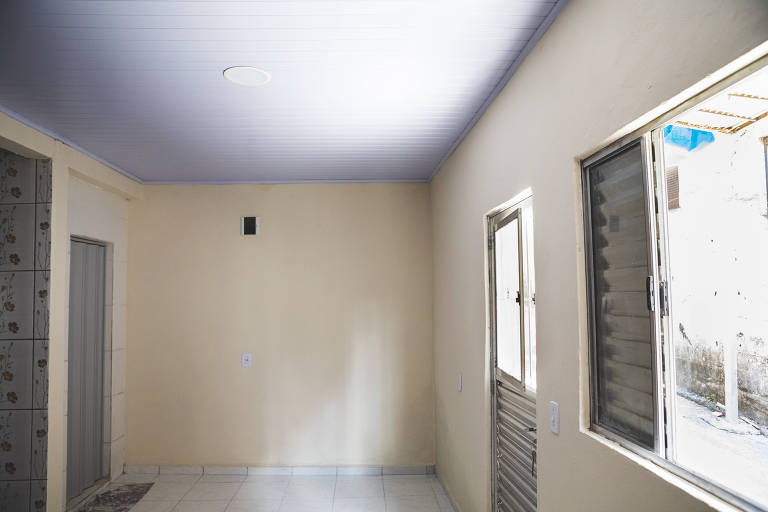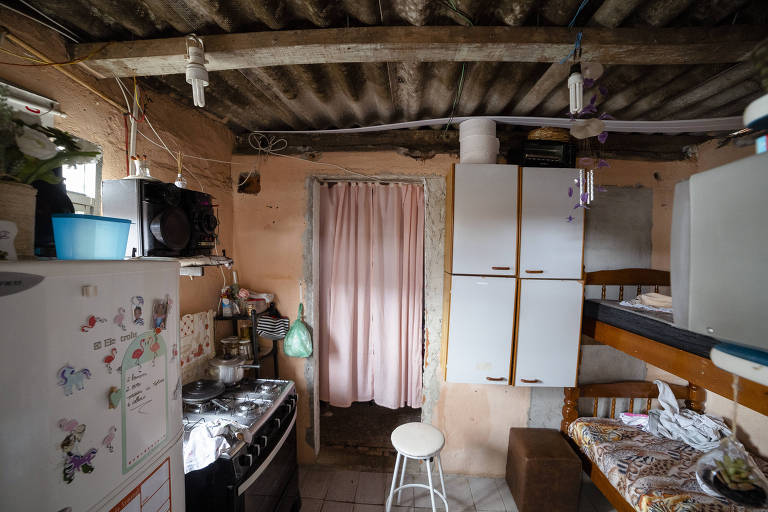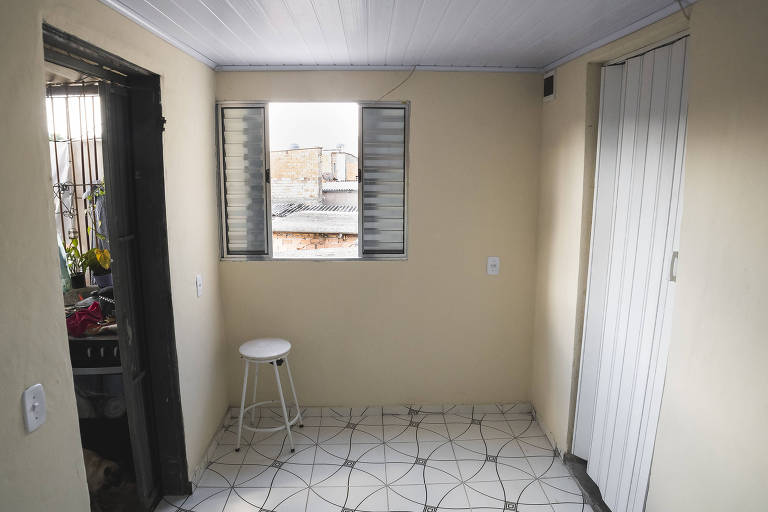More time at home during the pandemic increased the desire to renovate the home and opened up inequality in the country.
There are about 25 million houses in precarious conditions in Brazil, according to a survey by the João Pinheiro Foundation.
They are unsanitary houses, without adequate access to water, electricity and sewage. Conditions that are associated with health problems such as diarrhea and respiratory illness.
The problem led to a business opportunity with social impact. Focusing on home renovations in outskirts and slums, Vivenda offers credit of up to R$11,000 for low-income families to adapt their homes.
The company was born as a startup offering professional reforms for families living in vulnerable conditions and became a holding company, connecting the client to the service providers through a marketplace. In addition to the platform, Vivenda operates through an accelerator and an institute.
The package includes planning with an architect or engineer, labor, materials, and low-complexity renovation project follow-up, such as roofing, flooring, wiring, and windows.

Renovation covers the ceiling, floor and walls of the house – Villa / Publicity
Financing is provided by a social debenture (credit security). The initiative has already renovated more than 3,500 homes in the last eight years, according to Fernando Assad, co-founder of Vivenda.
“Here in Brazil a good part of the housing actions are concentrated in the construction of new units, and we have a much bigger problem that is the inadequate housing”, affirms Assad.
The businessman cites houses without ventilation, exposed electrical wiring, without floors or coverings, with infiltrations and mold, as an example.
“The financing covers the transformation of an entire room by a network of professionals in the sector and with software that will guarantee the least waste of material and time”, says Assad.
Partner retailers have exclusive offers and products for Vivenda’s customers. It is a way of making the work possible amid escalating construction costs.


Renovation covers ceiling and kitchen floor and includes partition with window – Villa / Publicity
How to get credit
The Villa does not ask for guarantees for the financing. To obtain microcredit, the family must enter the Villa’s website or call WhatsApp (11) 5851-8889, inform the zip code and present the property’s registration. There are 46 cities in 16 states currently served.
The financing is paid in up to 30 installments in the bank slip, with interest of 2.25% per month.
The project and materials used are chosen by the professional with the client so that, in addition to the structural aspects, the renovation impacts the residents’ self-esteem.
Among the main inadequacies identified in low-income housing is the lack or irregular construction of bathrooms.
There is still a need for reforms in the electrical part, roof, installation of doors and windows and structural reinforcement.
There are millions of people living badly and getting sick for lack of a window.
housing deficit
By 2030, 11.9 million homes will be needed to meet the demand of Brazilian families, according to a study by Ecconit Consultoria Econômica commissioned by Abrainc (Brazilian Association of Real Estate Developers).
Most of the demand (44.4%) is among families that receive up to three minimum wages. The calculation considers the emergence of families and those who live in inappropriate conditions or spend more than 30% of their income on rent.
The capital of São Paulo would have to build an average of 73,000 houses a year by 2030 to zero future demand and the current deficit, according to the survey. Number three times higher than the current production.
According to the most recent data from Fundação João Pinheiro, the Southeast region is responsible for the largest housing deficit in the country with 39%, followed by the Northeast with 30%.
precarious housing
- 15 million inadequate housing is occupied by women
- According to the UN, among Brazilians in inadequate housing, 31.3 million are black or brown.
- The absence of a bathroom for exclusive use affects 11% of the population in the North region and only 0.2% of the population in the South and Southeast regions.
I have over 8 years of experience in the news industry. I have worked for various news websites and have also written for a few news agencies. I mostly cover healthcare news, but I am also interested in other topics such as politics, business, and entertainment. In my free time, I enjoy writing fiction and spending time with my family and friends.










